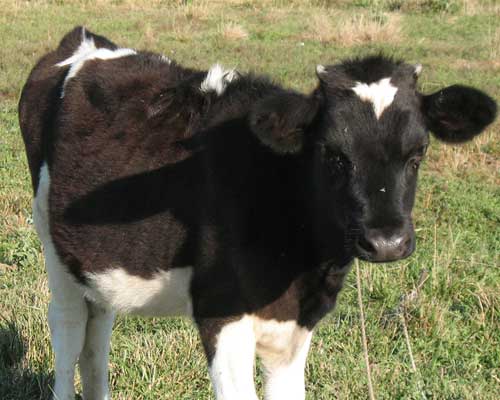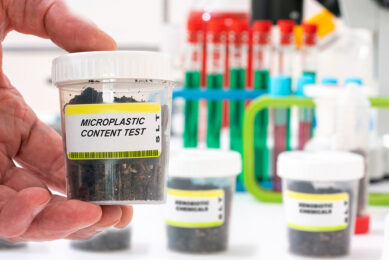Fatty acids in feed influence calf performance

Work conducted at the Nurture Research Center of Provimi North America found that changing the fatty acid profile of calf starters and growers altered calf body weight gain from birth to 4 plus months of age.
Researchers found that adding soy oil, which is high in linoleic acid, reduced body weight gain. The addition of NeoTec4, a commercial supplement high in linolenic acid, medium chain fatty acids, and butyric acid, increased body weight gain and frame growth.
Increased average daily gain and frame growth from supplementing linolenic acid, medium chain fatty acids, and butyric acid are consistent with previous calf research in 17 experiments published in eight expert-reviewed journal articles.
Soy oil not very much known
However, research with added soy oil has been rare. The results with soy oil are consistent with previous research in calves fed milk replacer with and without added soy oil.
Calf feeds are naturally low in linolenic acid, medium chain fatty acids, and butyric acid. These three types of fatty acids alter metabolic functions such as reducing inflammation and altering titres to vaccines, alter gut absorptive tissue, and growth of cells.
Soy oil contains linoleic acid which is naturally high in calf diets. Linoleic acid is an inflammatory fatty acid and it may be increasing the maintenance requirements of calves.
More information on the impact of fatty acids can be found in this study published in the Professional Animal Scientist.
Source: Dairy Herd Management











